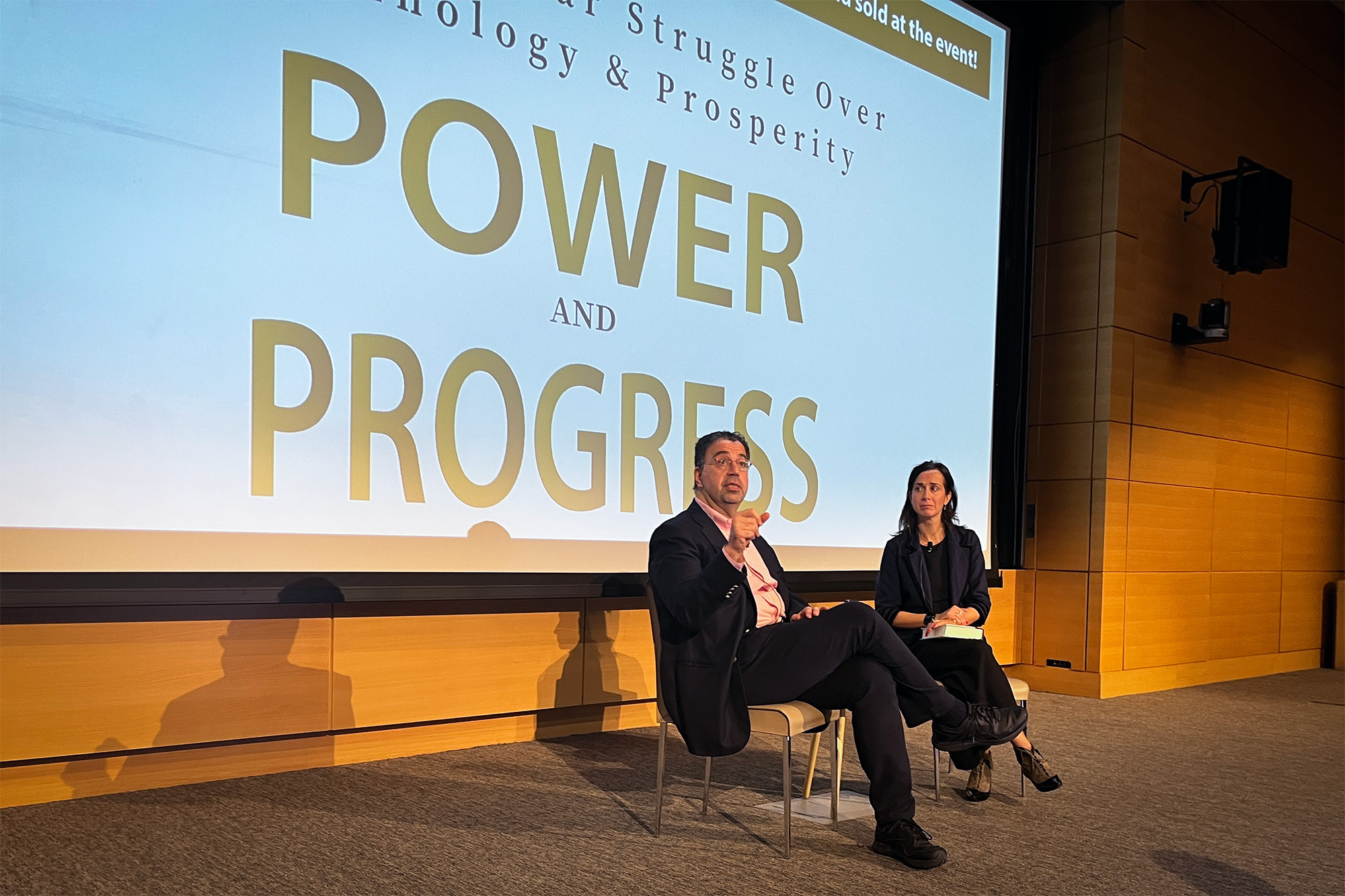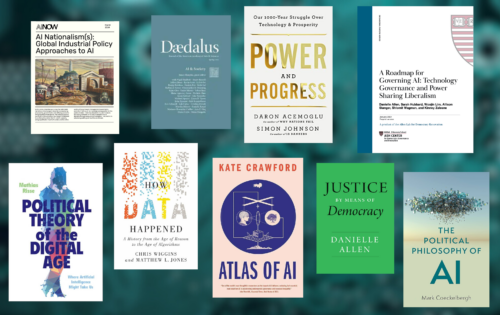OpenAI's legal battle with Elon Musk reveals internal turmoil over...
A 7-year-old rivalry between tech leaders Elon Musk and Sam Altman over who should run OpenAI and prevent an artificial intelligence "dictatorship" is now heading to a federal judge as Musk seeks to halt the ChatGPT maker's ongoing shift into a for-profit company.
Musk, an early OpenAI investor and board member, sued the artificial intelligence company earlier this year alleging it had betrayed its founding aims as a nonprofit research lab benefiting the public good rather than pursuing profits.
Legal Dispute
Musk has since escalated the dispute, adding new claims and asking for a court order that would stop OpenAI's plans to convert itself into a for-profit business more fully.

The world's richest man, whose companies include Tesla, SpaceX, and social media platform X, last year started his own rival AI company, xAI. Musk says it faces unfair competition from OpenAI and its close business partner Microsoft, which has supplied the huge computing resources needed to build AI systems.
Power Struggle
At the heart of the dispute is a 2017 internal power struggle at the fledgling startup that led to Altman becoming OpenAI's CEO.
Musk also sought to be CEO and in an email outlined a plan where he would "unequivocally have initial control of the company" but said that would be temporary.
He grew frustrated after two other OpenAI co-founders said he would hold too much power as a major shareholder and chief executive if the startup succeeded in its goal to achieve better-than-human AI known as artificial general intelligence, or AGI.
Responses and Claims
OpenAI filed a response opposing Musk’s requested order, saying it would “debilitate OpenAI’s business” and mission to the advantage of Musk and his own AI company.

It was Musk, through his wealth manager Jared Birchall, who first registered “Open Artificial Intelligence Technologies, Inc.,” a public benefit corporation, in September 2017.
Conclusion
OpenAI said Musk later proposed merging the startup into Tesla before resigning as the co-chair of OpenAI's board in early 2018.
Altman characterized Musk’s legal fight as one about business competition and expressed that he is "not that worried" about the Tesla CEO's influence with President-elect Donald Trump.
OpenAI's legal battle with Elon Musk sheds light on the internal turmoil and power struggles within the company, showcasing the complexities of managing a cutting-edge artificial intelligence organization.

Disclaimer: This article is for informational purposes only and does not constitute legal advice. Readers should seek appropriate legal guidance.




















